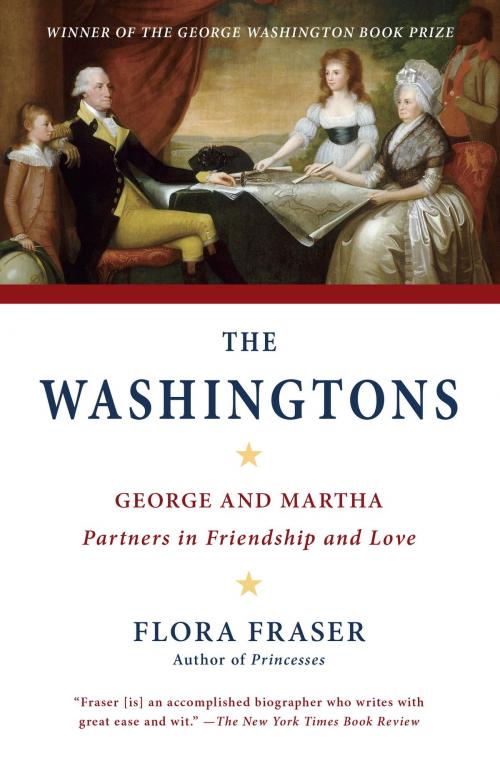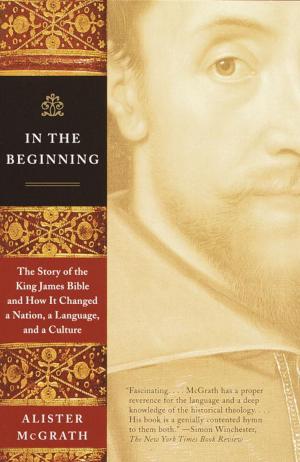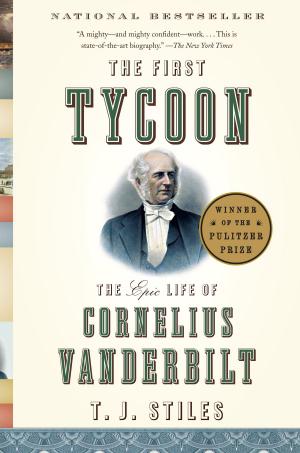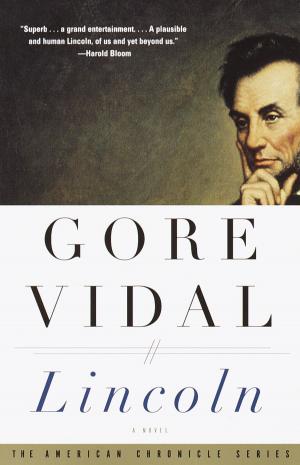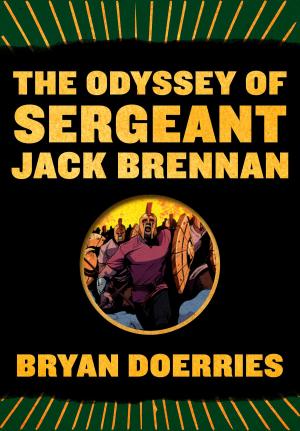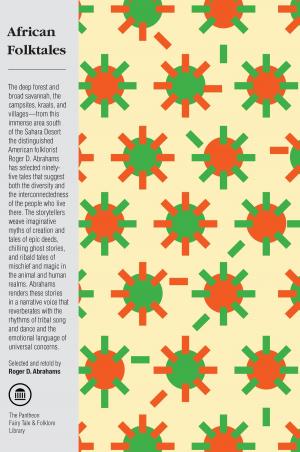The Washingtons
George and Martha, "Join'd by Friendship, Crown'd by Love"
Nonfiction, History, Americas, United States, Colonial Period (1600-1775), Biography & Memoir, Political, Historical| Author: | Flora Fraser | ISBN: | 9781101875858 |
| Publisher: | Knopf Doubleday Publishing Group | Publication: | November 3, 2015 |
| Imprint: | Anchor | Language: | English |
| Author: | Flora Fraser |
| ISBN: | 9781101875858 |
| Publisher: | Knopf Doubleday Publishing Group |
| Publication: | November 3, 2015 |
| Imprint: | Anchor |
| Language: | English |
A full-scale portrait of the marriage of the father and mother of our country—and of the struggle for independence that he led
The Washingtons’ long union begins in colonial Virginia in 1759, when George Washington woos and weds Martha Dandridge Parke Custis, a pretty, charming, and very rich young widow. The calm early years of their marriage as plantation owners at Mount Vernon and as parents to Martha’s two children, Jacky and Patsy—both of whom present difficult challenges—yield to harsher times. Washington has been prominent among Virginians in opposing British government measures, and at the outbreak of fighting in 1775 he is elected commander-in-chief of the Continental army. The war sees Martha resolutely supporting her husband, sharing in the hardships at Valley Forge and other wretched winter headquarters. Essential to George’s personal well-being, she is known as “Lady Washington”—a redoubtable and vastly admired figure in her own right.
Flora Fraser provides us with a brilliant account of the public Washington and of the war he waged, and gives us, as well, the domestic Washingtons, whether at Mount Vernon before and during the war or in New York and Philadelphia during his presidency. Even in wartime, Martha manages to scour Philadelphia to find a doll for her newest granddaughter and keeps careful control of her Virginia inheritance. George grapples with a formidable enemy, without proper troops and often without basic supplies—his soldiers frequently lack rations, blankets, even shoes—while always fearful for his wife’s welfare and safety, given the constant worry that the British might descend on Mount Vernon. Even so, a true Virginian, he manages to dance for more than three hours with Alexander Hamilton’s pretty young wife at a makeshift ball.
With victory and the arrival of peace in 1783, the Washingtons hope to remain at home, a hope dashed when, in 1789, George is elected our first president and Martha becomes a faultless first First Lady. During the presidency, they together negotiate the many pitfalls of establishing republican entertainment—the weekly “Congress dinner,” levées, and drawing rooms—before, finally free of official responsibilities after Washington’s second term, they are at last able to retreat to their beloved Mount Vernon.
This is a remarkable story of a remarkable pair as well as a gripping narrative of the birth of a nation—a major, and vastly appealing, contribution to the literature of our founding fathers . . . and founding mother.
A full-scale portrait of the marriage of the father and mother of our country—and of the struggle for independence that he led
The Washingtons’ long union begins in colonial Virginia in 1759, when George Washington woos and weds Martha Dandridge Parke Custis, a pretty, charming, and very rich young widow. The calm early years of their marriage as plantation owners at Mount Vernon and as parents to Martha’s two children, Jacky and Patsy—both of whom present difficult challenges—yield to harsher times. Washington has been prominent among Virginians in opposing British government measures, and at the outbreak of fighting in 1775 he is elected commander-in-chief of the Continental army. The war sees Martha resolutely supporting her husband, sharing in the hardships at Valley Forge and other wretched winter headquarters. Essential to George’s personal well-being, she is known as “Lady Washington”—a redoubtable and vastly admired figure in her own right.
Flora Fraser provides us with a brilliant account of the public Washington and of the war he waged, and gives us, as well, the domestic Washingtons, whether at Mount Vernon before and during the war or in New York and Philadelphia during his presidency. Even in wartime, Martha manages to scour Philadelphia to find a doll for her newest granddaughter and keeps careful control of her Virginia inheritance. George grapples with a formidable enemy, without proper troops and often without basic supplies—his soldiers frequently lack rations, blankets, even shoes—while always fearful for his wife’s welfare and safety, given the constant worry that the British might descend on Mount Vernon. Even so, a true Virginian, he manages to dance for more than three hours with Alexander Hamilton’s pretty young wife at a makeshift ball.
With victory and the arrival of peace in 1783, the Washingtons hope to remain at home, a hope dashed when, in 1789, George is elected our first president and Martha becomes a faultless first First Lady. During the presidency, they together negotiate the many pitfalls of establishing republican entertainment—the weekly “Congress dinner,” levées, and drawing rooms—before, finally free of official responsibilities after Washington’s second term, they are at last able to retreat to their beloved Mount Vernon.
This is a remarkable story of a remarkable pair as well as a gripping narrative of the birth of a nation—a major, and vastly appealing, contribution to the literature of our founding fathers . . . and founding mother.
